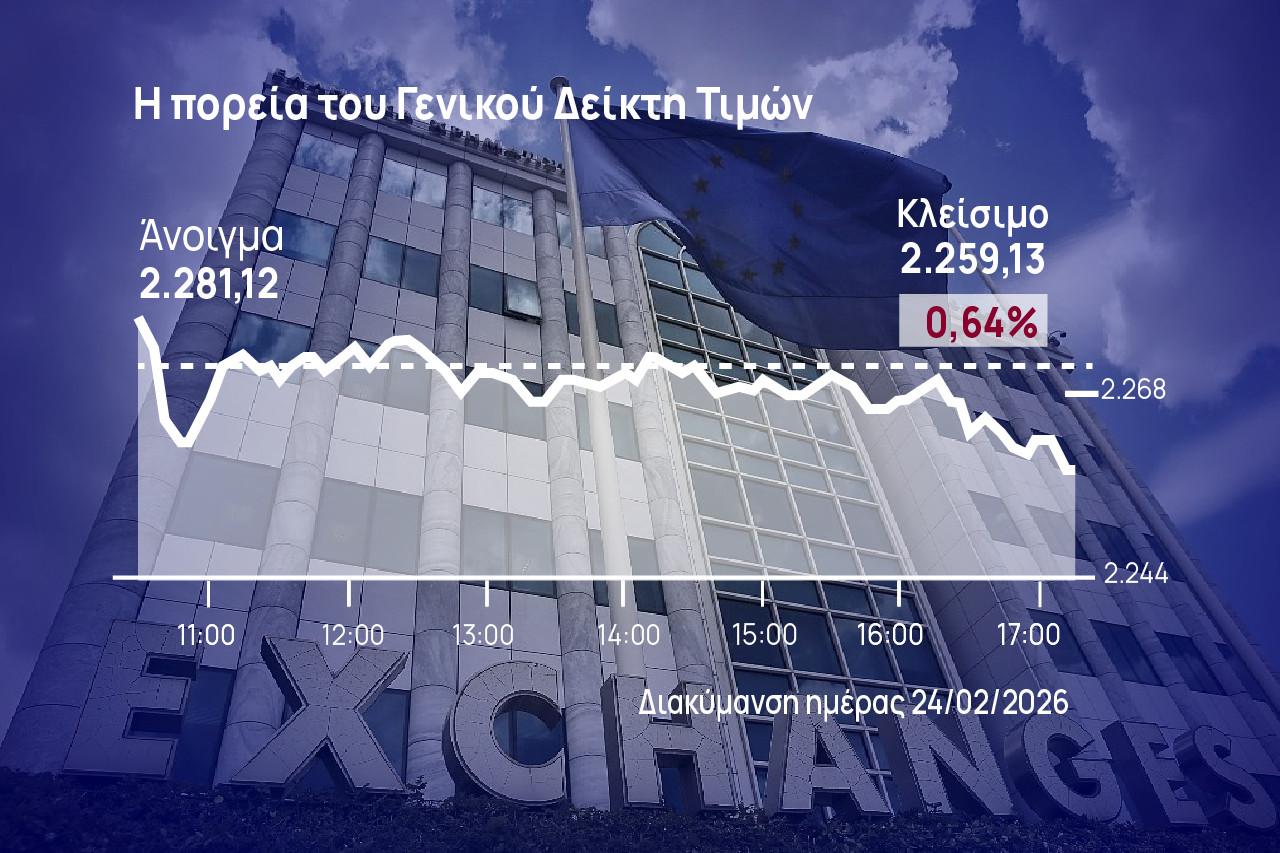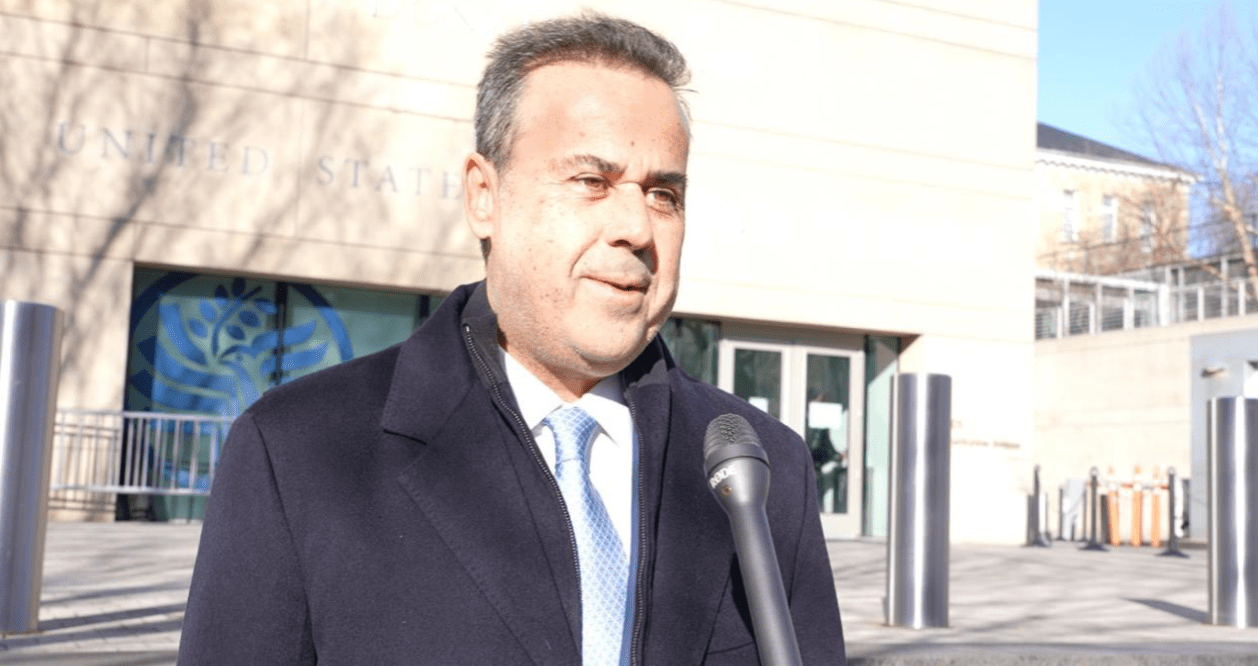Kostas Simitis, Greece’s former Prime Minister, died this morning, January 5, at the age of 88.
Simitis led the PASOK party and served as Prime Minister from 1996 to 2004, succeeding Andreas Papandreou. As Prime minister he advocated economic reform and deeper European integration, and he played a pivotal role in Greece’s adoption of the euro.
Born in Athens in 1936, Simitis studied law and economics in Germany and England. He began his academic career as an assistant professor at the University of Konstanz in 1971, later becoming a professor at the University of Giessen (1971–1975) and Panteion University in Athens (1977). During Greece’s dictatorship, he fled abroad and joined the Panhellenic Liberation Movement (PAK) in 1970, serving on its National Council. A founding member of PASOK, Simitis was part of its first Executive Office.
Simitis held several ministerial roles, including Minister of Agriculture (1981–1985), National Economy (1985–1987), and Industry and Trade (1993–1995). He was first elected as a parliamentarian for Piraeus in 1985. On January 18, 1996, he succeeded Andreas Papandreou as prime minister, representing PASOK’s “modernizing” wing with a focus on economic reforms and aligning Greece’s economy with Europe’s standards.
Following Papandreou’s death, Simitis was elected PASOK president at the party’s 4th Congress in June 1996. He secured re-election as prime minister in the 1996 and 2000 general elections. During his tenure, he championed economic stability through privatization of state enterprises, a moderate foreign policy, and Greece’s successful accession to the Economic and Monetary Union in 2001.
As PASOK president, Simitis steered the party toward a centrist, pro-European stance. His second term was marked by austerity measures to combat inflation and national debt, as well as initiatives to address Greek-Turkish disputes concerning Cyprus.
Simitis is survived by his wife, Daphne, and their two daughters.
Source: Tovima.com

![e-ΕΦΚΑ: Πώς θα παραμείνουν ασφαλιστικά «καλυμμένοι» οι αγρότες [πίνακας]](https://www.ot.gr/wp-content/uploads/2024/12/ot_agrotis_sitari.png)








































